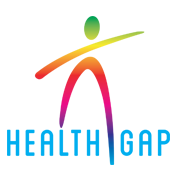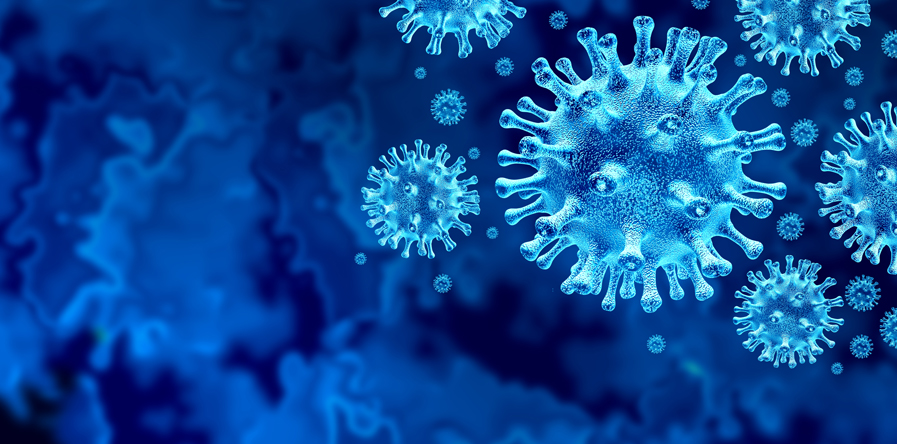(The Center Square) – As Illinois moves closer to the fourth phase of Gov. J.B. Pritzker’s five-phase COVID-19 reopening plan, other health and societal problems are surfacing and some of them have been compounded by the pandemic.
Illinois residents, consumers and businesses have been under some form of statewide restrictions to reduce the spread of COVID-19 since March 16. The initial stay-at-home order kept many businesses closed and halted elective medical procedures and other visits to prevent the spread of COVID-19 and to keep hospital beds open for a possible surge in coronavirus cases.
Now in Phase 3, medical facilities across the state are welcoming patients back for checkups and screenings. Some experts are worried about the consequences of delays in seeking care and of delays in screenings to detecting cancers.
Rush Medical College said before the pandemic, it performed 800 screenings on average per month for colorectal cancer. That came to a stand-still for two months. Dr. Dana Hayden said treatment is more successful when caught early. Delayed discovery can make it more difficult to treat.
“Delayed screening means people will miss the opportunity to prevent or treat the disease early,” Hayden said in a statement. “That leads to a greater incidence of cancer, which is diagnosed at later stages with more severe symptoms and higher mortality.”
The pandemic has also taken a toll on mental health. Sangamon County Public Health Director Gail O’Neill said mental health issues could be exacerbated by the high unemployment rate.
“For many people losing temporarily, or long term, losing their livelihood is very stressful, so the mental health aspects of this epidemic we are aware of it and it is something that we really kind of worry about,” O’Neill said.
While the state added more than 60,000 jobs in the most recent jobs report, more than 1.3 million Illinoisans have filed for unemployment benefits since the beginning of March.
Public health officials also are concerned about substance abuse issues and crime.
At the beginning of Pritzker’s stay-at-home order, the governor restricted the size of gatherings. O’Neill had immediate concerns for those needing group therapy for things such as substance abuse and AA meetings for alcoholism.
“Virtually [meeting] is just kind of not the same when you’re going through that kind of battle, so this has been hard on families and people that are already stressed lives and even more stress as this goes on,” she said.
In the month of May, despite having strictest stay-at-home orders in the country, legal cannabis sales peaked at more than $44 million, the most since becoming legal in Illinois in January.
Kankakee County Sheriff Mike Downey said since the start of the pandemic, arrests in his area were slightly down, but he said deputies appear to be dealing with more severe crimes.
“The shootings, we’ve had some weapons offenses in town, we’ve had a significant amount of domestic battery cases, which I think those are up probably nationwide with the lockdown, unfortunately,” Downey said.
In Chicago, the total number of crimes decreased, but homicides and shootings are up.
The Well Being Trust alongside the Robert Graham Center projects deaths of despair such as suicide could be between 27,600 to 154,000 deaths nationwide outside of COVID-19. The slower the recovery, the greater the impact.
“Sadly, these factors impact some communities more than others in significant and consequential ways, especially racial and ethnic minority populations, people who are lower-income, or people who live in rural areas,” the report said. “Without attention to these issues, our nation will continue to drive an increase in health disparities.”
The report projects over the next ten years Illinois could see a rate of 21 per 100,000 additional deaths from alcohol, drugs or suicides.
-
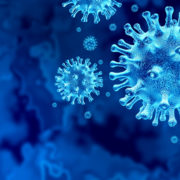
1 COVID-19 in minority communities prompt doctors to tell patients to look for racial health disparities
-
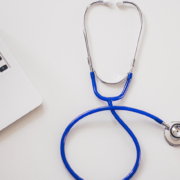
2 COVID-19 in minority communities prompt doctors to tell patients to look for racial health disparities
-

3 Gov. DeWine pushing for changes to racial inequality in health amid COVID-19
-

4 Why are more men dying of the Coronavirus? A history of avoiding the doctor might be to blame (Dispatch)
-

5 National Coronavirus updates: Leaders fear virus could spread rapidly during protests (WXII12)
-

6 Cuomo calls for end to inequality in healthcare (Patch)
-
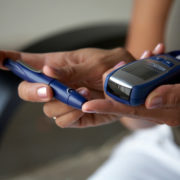
7 U.S. high ranking for obesity, diabetes, heart disease not a good mix with coronavirus.
-
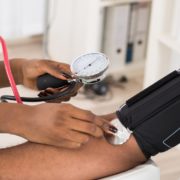
8 Inequality in the built environment underlies key health disparities in physical activity and obesity.
-

9 COVID-19 could lead to an epidemic of clinical depression, and the health care system isn’t ready for that, either
-

10 Experts explain heart disease, racial disparities and COVID-19
